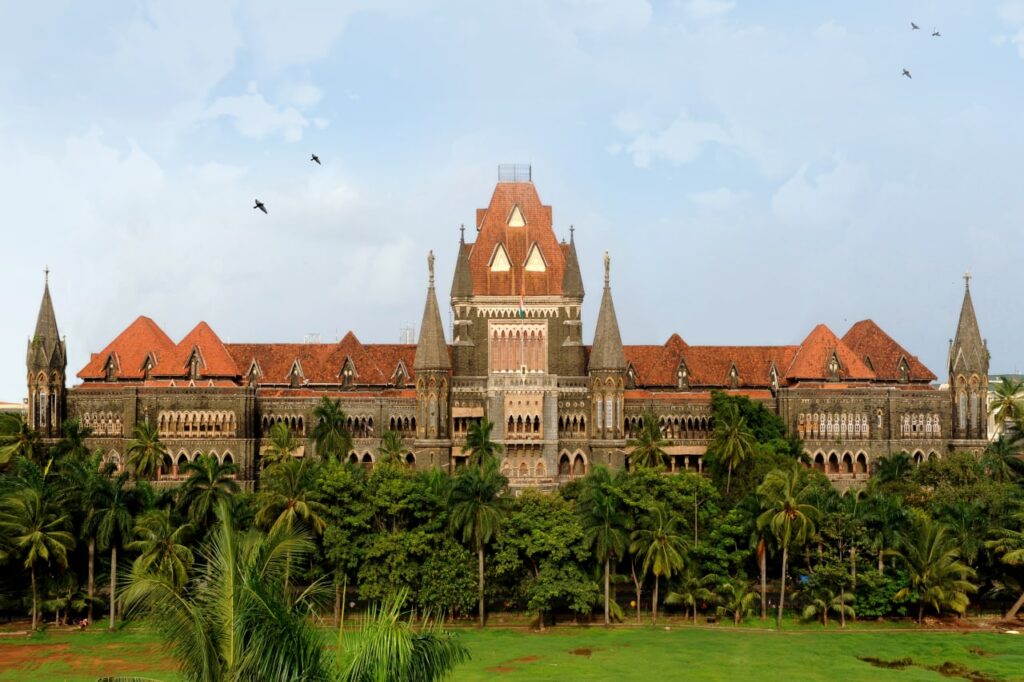Bombay High Court asks the state government to form a committee to decide if applicants can provide information about their mother’s social status on the ‘Aaple Sarkar’ web portal.

The Bombay High Court recently directed the Maharashtra Government to form a committee to determine if a special clause can be added to the ‘Aaple Sarkar’ web portal. This clause would allow applicants to provide their mother’s social status. The court was reviewing a petition from a woman who requested a caste certificate based on her mother’s caste. She also wanted changes to the Aaple Sarkar Portal to let users input their mother’s caste details for obtaining the certificate. Justices Ravindra V. Ghuge and Ashwin D. Bhobe noted that the Supreme Court has emphasized the need for careful examination and verification before issuing such certificates.
Advocate Aditya Pratap represented the petitioner, while AGP V.M. Mali represented the respondents. The petitioner is a 30-year-old woman whose father is from the Jain community, which is considered open category. Her mother claims to belong to the Shimpi Community, which is classified as OBC. The authorities rejected her application for a caste certificate based on her mother’s caste.
The Bench expressed that when handling these cases, the court must be aware of the reasons behind seeking a caste certificate based on the mother’s social status, especially since she belongs to a reserved category. The Bench suggested that the petitioner might be misrepresenting facts for personal gain. The Bench reviewed the petitioner’s claims and found that she seemed to be trying to benefit from reservation despite her father being from an upper caste. The Writ Petition did not mention that her father had separated from her mother, that her mother was in need, or that her mother had raised her alone. The petition did not state that the mother lived separately with her parents or that there were any issues between the parents, nor did it claim that the father abandoned them.
Additionally, the mother did not contribute to the child’s education due to being unemployed, and this was not addressed in the petition. Both the petitioner and her father share the same address. The Bench pointed out that the assumption is that a child inherits the father’s caste, especially in inter-caste marriages. However, this assumption is not absolute; the child can prove that they were raised solely by the mother from a scheduled caste or tribe.
The case details indicated that after graduating at around 21-22 years old, she tried several competitive exams but did not succeed. The Petitioner argued that she took these exams based on her father’s social status as a Jain in the open category. After failing to secure a job, her mother applied for a Shimpi Caste Certificate for the first time on April 4, 2022. Once they received it on April 26, 2022, the Petitioner submitted an application in July 2022. The Bench noted that having grown up in an upper-caste household and attended prestigious schools, she had a head start in life and now wanted to benefit from her mother’s reservation. The Bench stated that the Petition seemed self-serving and suggested an attempt to misrepresent the situation. They decided to dismiss the Petition but recommended that the Government form a committee with relevant data to explore if a clause for exceptional circumstances could be added to the ‘Aaple Sarkar’ portal, allowing applicants to provide details about their mother’s social status.
Cause Title: Swanubhuti Jeevraj Jain v. The State of Maharashtra (Neutral Citation: 2025:BHC-AS:7837-DB)
Appearance:
Petitioner: Advocates Aditya Pratap, Abha Singh, Aditya Pratap Law Offices
Respondent: AGP V.M. Mali









